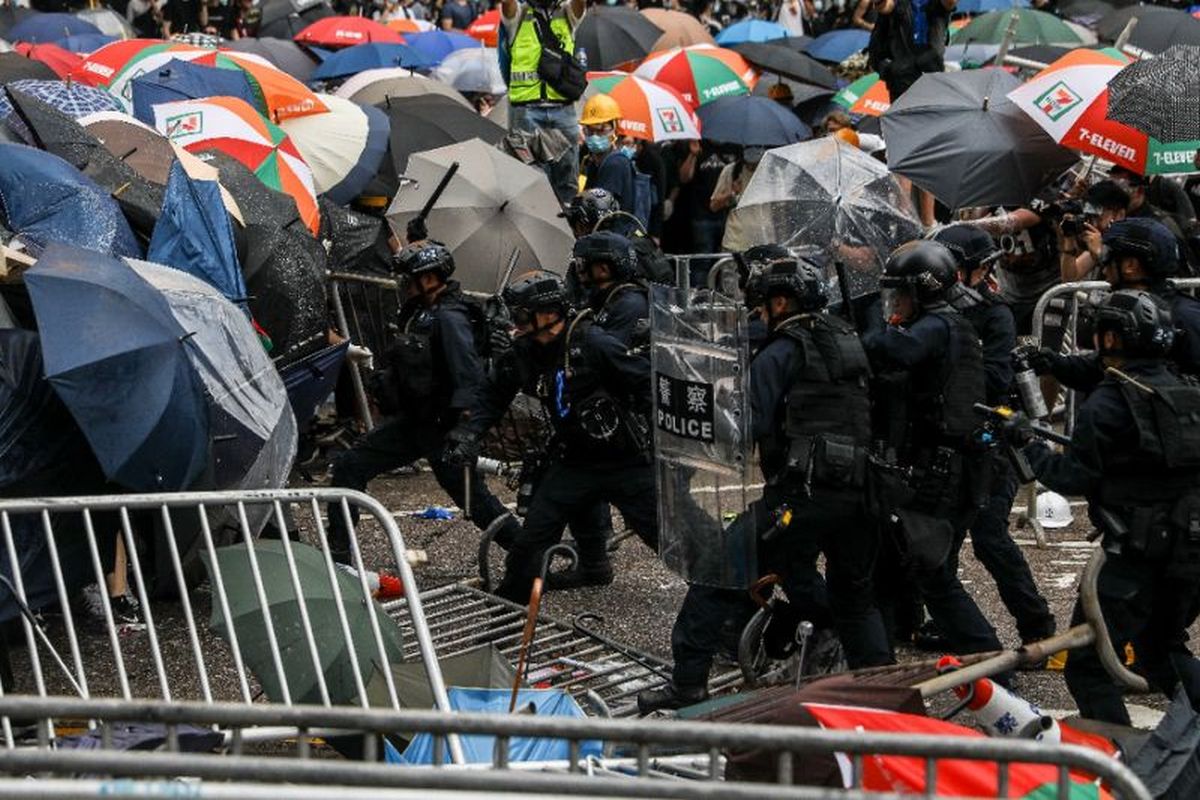PM spells out India’s position on China
I n a recent interview to Newsweek, the Prime Minister, discussing Indo-China relations, commented, “For India, the relationship with China is important and significant.
On Monday, Facebook and Twitter both announced plans to take action on coordinated attempts by the Chinese government or those associated with it to manipulate information on social media about massive protests underway in Hong Kong.

Hong Kong protests (Photo: AFP)
Social media giants Facebook and Twitter accused China of using fake accounts to undermine Hong Kong protests.
On Monday, Facebook and Twitter both announced plans to take action on coordinated attempts by the Chinese government or those associated with it to manipulate information on social media about massive protests underway in Hong Kong.
In response to that, China government hit back, saying it had a right to put out its own views.
Advertisement
Foreign ministry spokesman Geng Shuang, while declining to directly comment on the Twitter and Facebook actions, said, “What is happening in Hong Kong, and what the truth is, people will naturally have their own judgement. Why is it that China’s official media’s presentation is surely negative or wrong?”
Twitter and Facebook have come under fire from users over showing ads from state-controlled media that criticised the Hong Kong protesters.
Twitter said that it would no longer accept advertising from state-controlled news media.
Both Facebook and Twitter are blocked by China’s so-called “Great Firewall,” its broad internet censorship system.
Last month, Thousands of pro-democracy protesters defied a police ban and began marching through Hong Kong a day after riot-police fired rubber bullets and tear gas in the latest violent confrontation to plunge the financial hub deeper into crisis.
Huge crowds gathered in the heart of the city’s commercial district after police gave permission for a static protest in a park but banned a proposed march through the city.
The demonstrations were triggered by a controversial bill which would have allowed extraditions to mainland China, but have evolved into a call for wider democratic reforms and a halt to sliding freedoms.
Advertisement